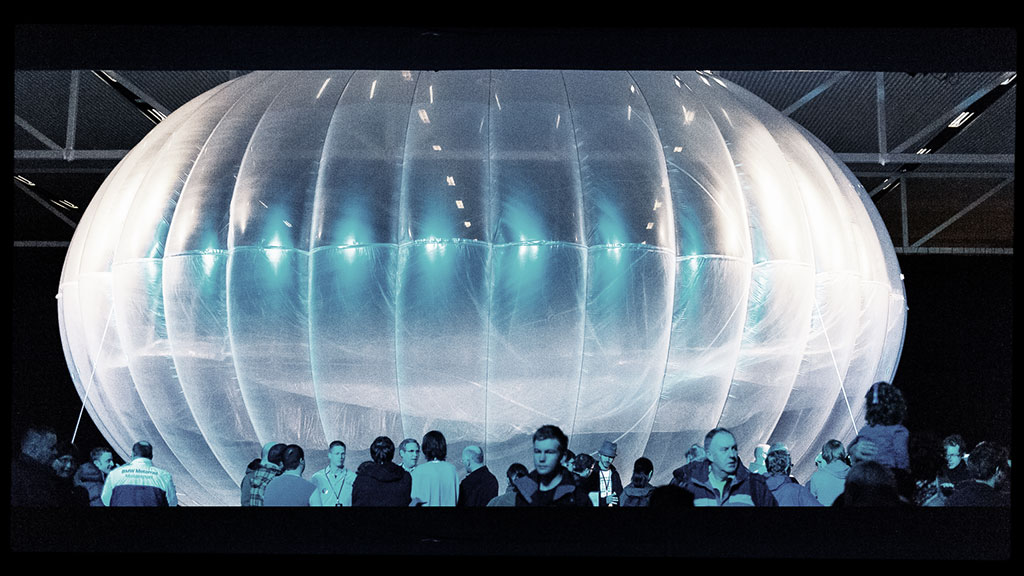Google’s new ‘180 Satellite Constellation’ will provide internet access to people in remote areas
YES! 180. You just read it right. Google is to launch a fleet of 180 satellites to bring internet access to people in remote areas. According to the Wall Street journal, Google is planning to spend over $1 billion dollars to $3 billion dollars on the project.
The launch is to kick off with 180 small high capacity satellites each weighing less than 250 pounds.
The satellites are to orbit the earth at lower altitudes than the classic ones. Google always has a way of just thinking things up and doing them and this is no exception to that approach.
The project is to be led by Greg Wyler, founder of O3b networks. O3b stands for (The) Other 3 billion, the population of the world where broadband is not available. O3b serves mobile operators and ISP (Internet Service Provider). O3b network consists of 8 satellites orbiting at an altitude of 8,000km (< one quarter of the altitude of geostationary satellites).
O3b is to join hands in the 180 satellite project of Google.
Google always has its own unique way when it comes to developing an accessible technology. In the past Google has tried to magnify its network in many ways. It has used balloons, solar power, drones, laser beam and quite a lot of other technologies. Google uses balloons to act as high altitude ISP.

This has been implemented in the project called “Google’s Loon”. Google’s loon focuses on making internet available to as many as possible by placing ISPs in balloons. You can learn more about it in the following fantastic video by Google.
Google in April acquired drones from the “Titan aerospace” company. Drones are small robots that could fly autonomously at 65,000 feet for months using solar power. Tim Farrar, a consultant at a company whose $9 billion dollar failure project of offering satellite based internet access, told the Wall Street Journal, that if the drones and the satellites are to work hand in hand Google can achieve its dream of offering signal to nook and corner of the world.
You might also like : Outernet – a blessing to all from the space
In some places, for each person that can get online there are two that can’t. In some other places it’s like one in a thousand get to access internet and in some places it’s like one in ten thousand and in some there is no one online at all. When this project of Google succeeds, the entire globe will be lightened with all the information available to the people all over the world. In places where there aren’t enough doctors, everyone could be heard from doctors in other places. Farmers can start using a better weather data and much more. The project when becomes a success will make the world a much better place to live in!
